
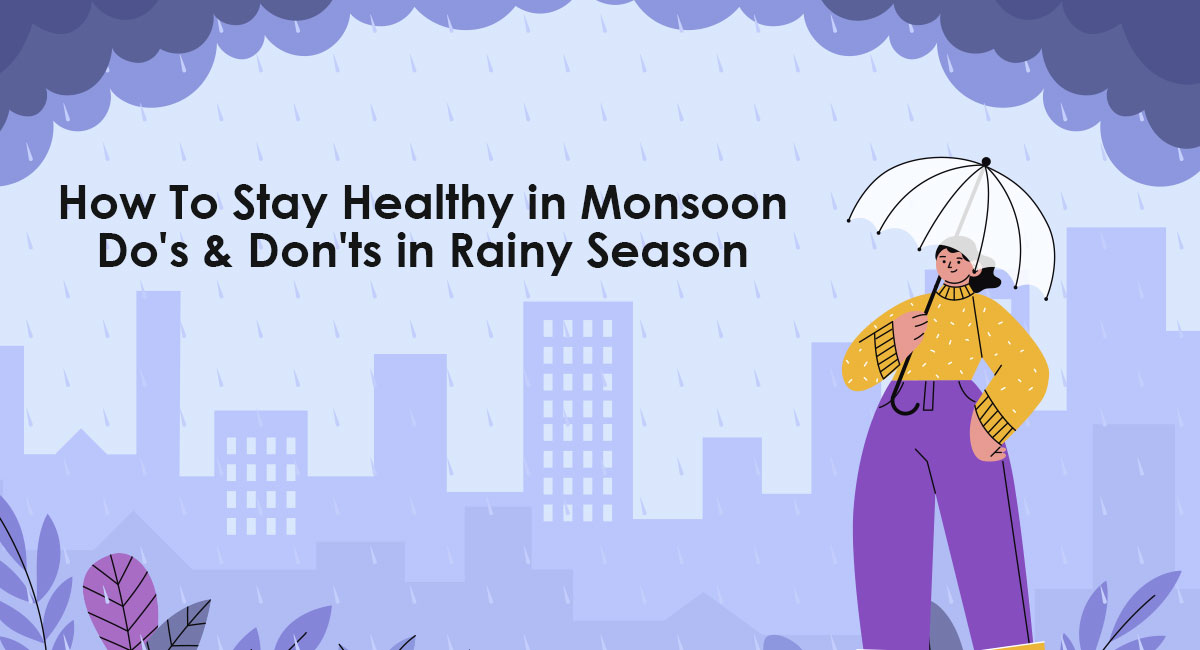
Introduction
Dos and Don’ts for a Healthy Monsoon
Now, let's see what we should not do
Conclusion
Monsoon gives us refreshment and escape from the heat of the summer! While enjoying rains, we need to take certain precautions to protect ourselves and our family from the few health risks caused during the rainy season. However, this season also comes with its own set of challenges and risks. To make the most of this season beautiful time of the year while staying safe and healthy. Let's see few dos and don’ts to follow in this rainy season.
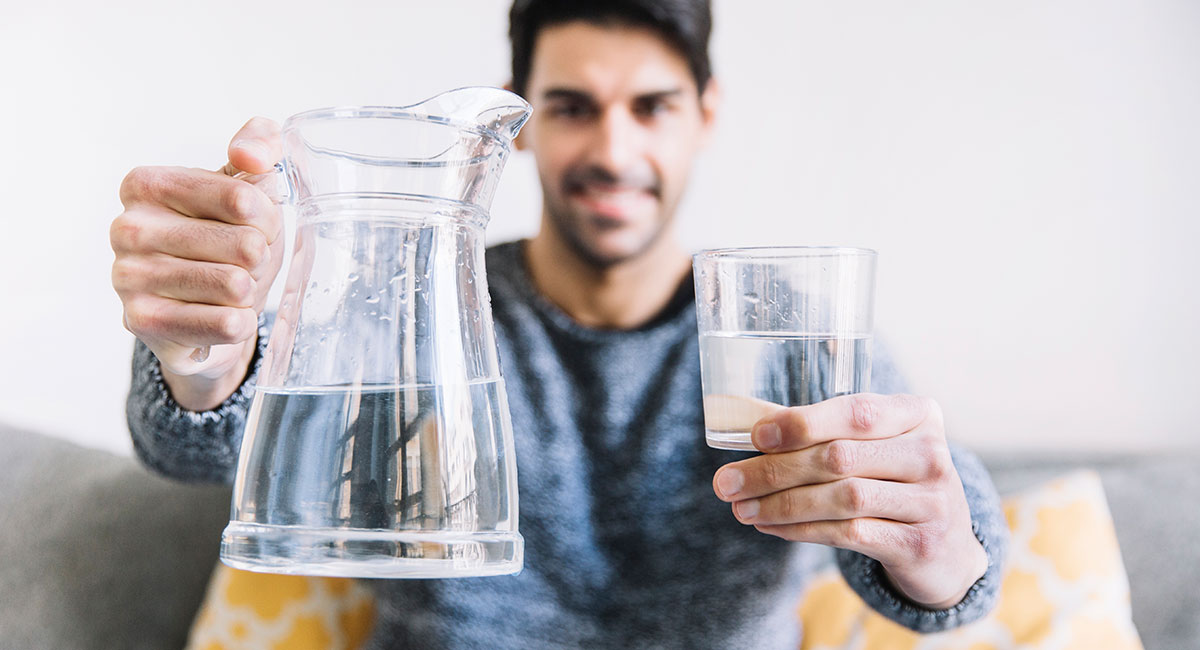
Drink purified or boiled water as there are chances of water getting contaminated and could make you fall prey to waterborne diseases such as typhoid or cholera. This simple step can be a major safeguard against numerous serious infections.
Bath regularly and keep yourself clean. Wash your hands, legs, and feet whenever you come home from outside. This helps to keep you clean if you had come in contact with to limp your water on the road.
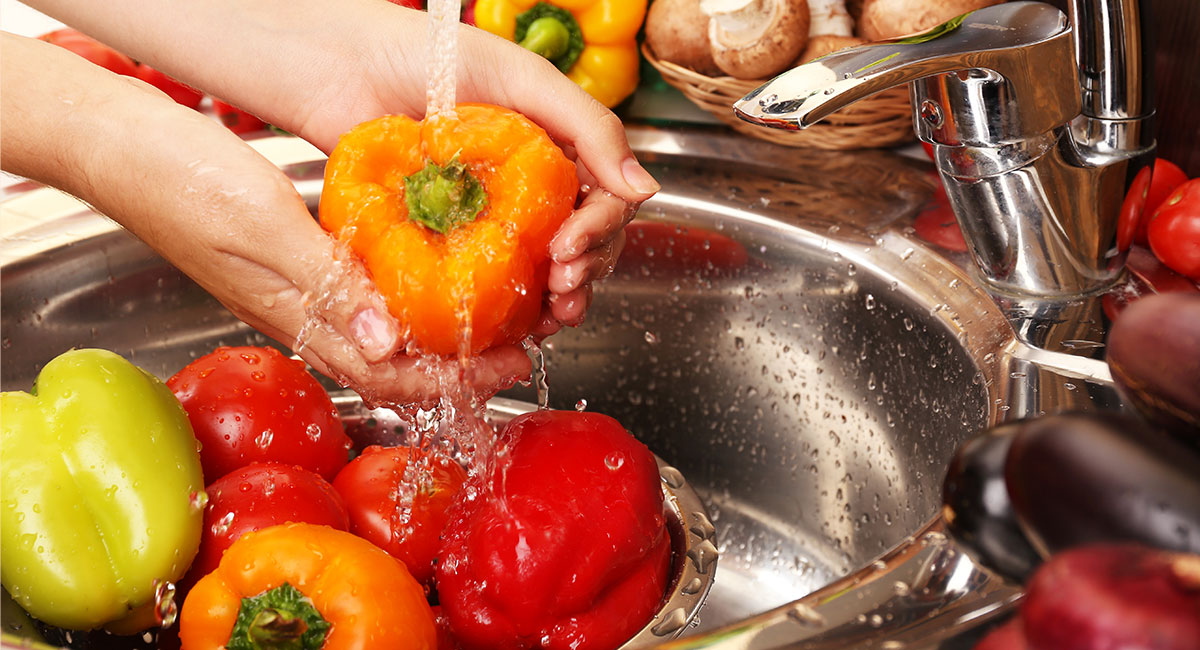
In Monsoon, it is very important to thoroughly scrub your fruits and vegetables under running water because germs live on the skins of fruits and vegetables. It's best to eat vegetables that are cooked or boiled, as this helps ensure they are safe and healthy to consume.
Allergies are very common during the rainy season as viruses and bacteria can easily spread through the environment. To protect yourself, consider wearing a mask when you are outdoors. Boost your immune system by eating a variety of fresh, seasonal fruits and vegetables in your diet, and also increase your vitamin C intake.
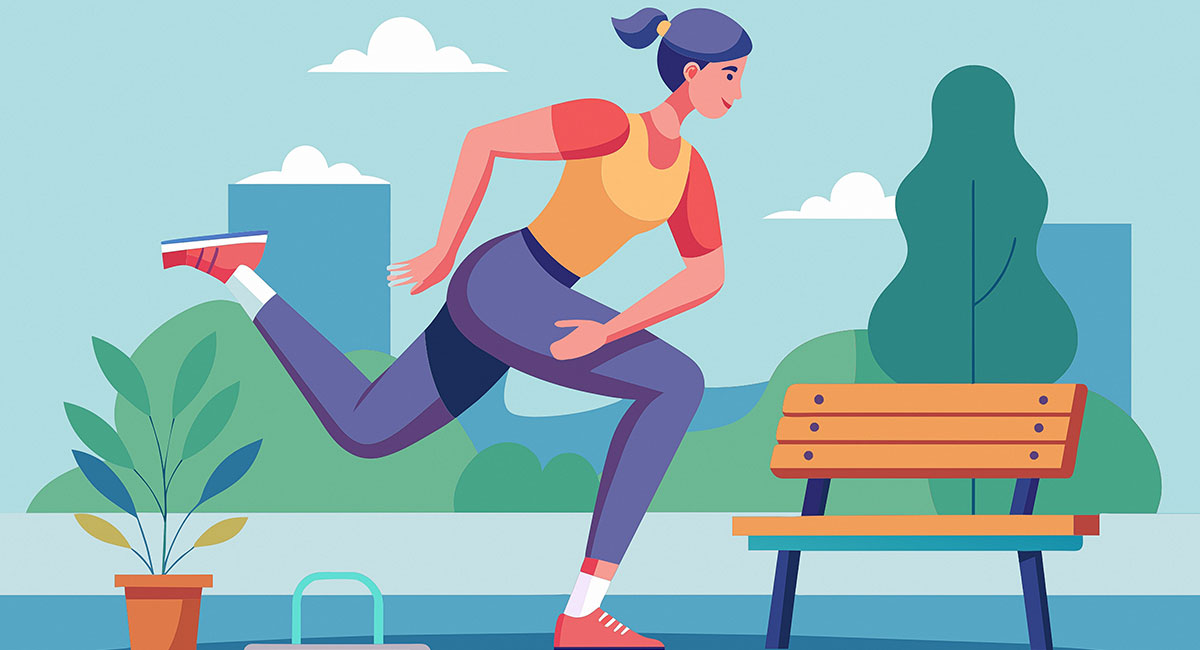
Exercising not only helps to lose weight, but improve your immunity too. In monsoon, try some fun exercises with your family to help strengthen your immune system against viruses and bacteria. Also, sleeping for 7-8 hours each night can help build your immunity and prevent the common flu during the rainy season.
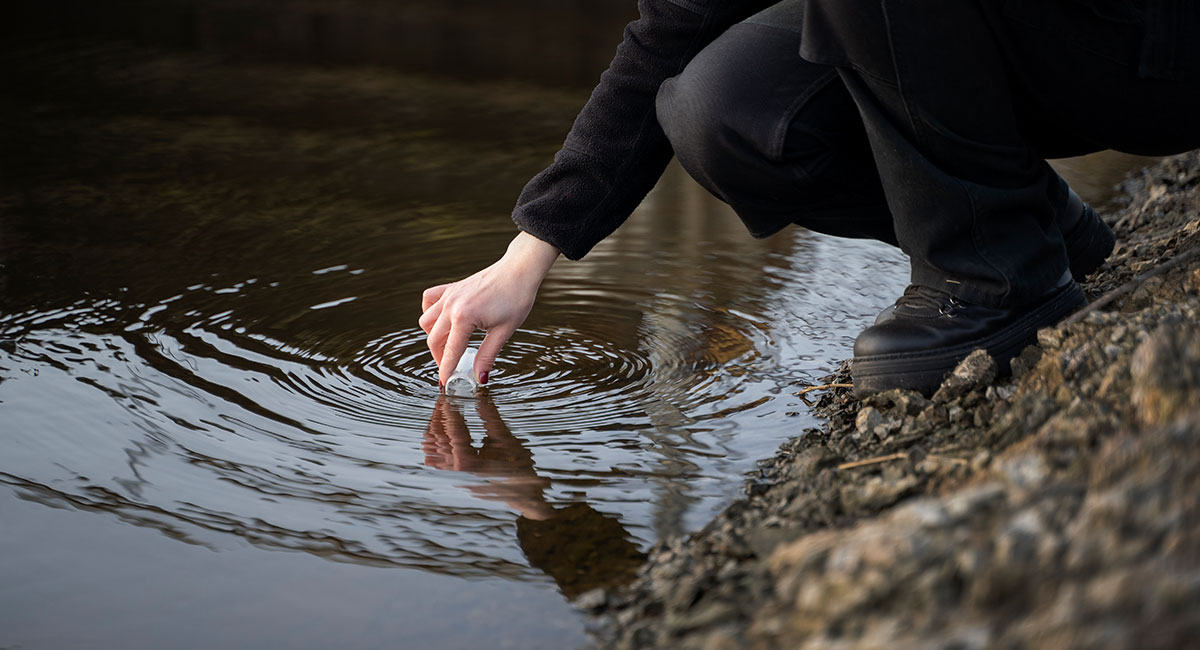
Do not let water collect around your home as mosquitoes are born in stagnant water. Make sure that there is no open water storage in your home. Flower pots and containers sometimes store stagnant water and can become a breeding ground for mosquitoes. Take precautionary measures and use mosquito repellents and nets if required.
Avoid eating outside food or junk food, though it is tasty and always tempting. In the rainy season, it is better to eat home-cooked food instead of street food for health reasons.
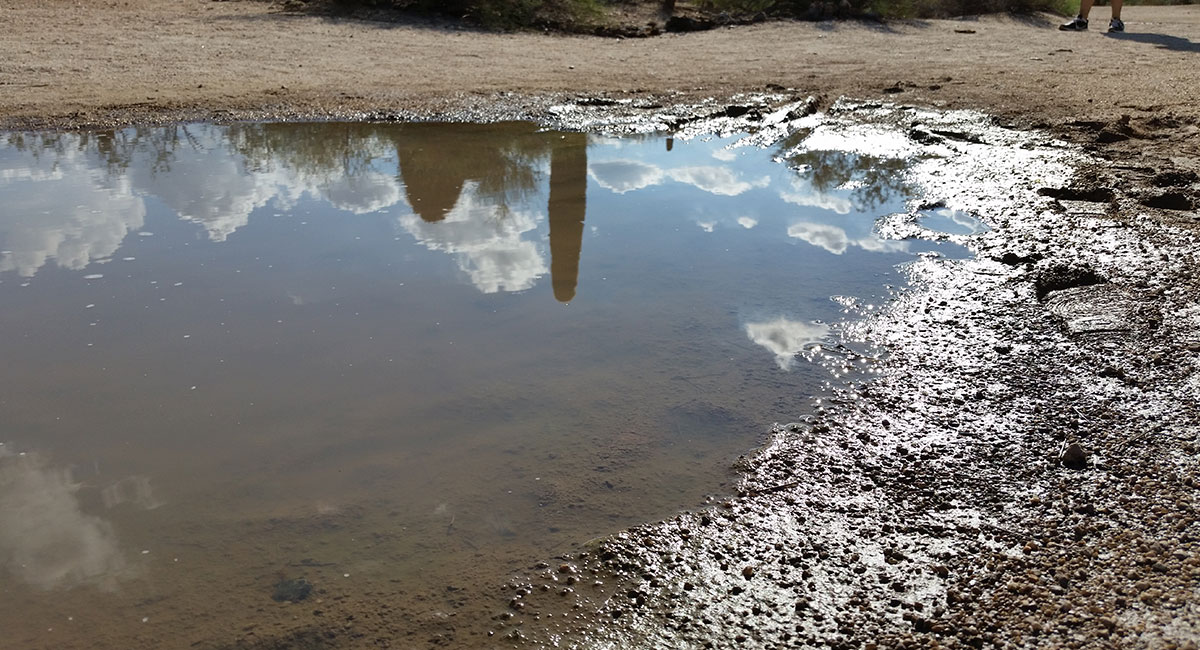
During the rainy season, at most places, water gets collected. Avoid walking in dirty water or stepping into the puddles on the road as it can expose your feet to viruses and bacteria. If you have stepped in one, then change your footwear and wash your feet immediately on reaching home. Also, keeping a pair of shoes and socks at your workplace will help you.
Avoid going into an air-conditioned room if you're wet from the rain. Whether at home or in the office, entering a room with air conditioning while wet, can increase your risk of catching a common cold. If you are at home, dry off and change into dry clothes as soon as you can. When at the office, it's helpful to have a towel to dry yourself and, if possible, keep an extra set of clothes on hand for such occasions.
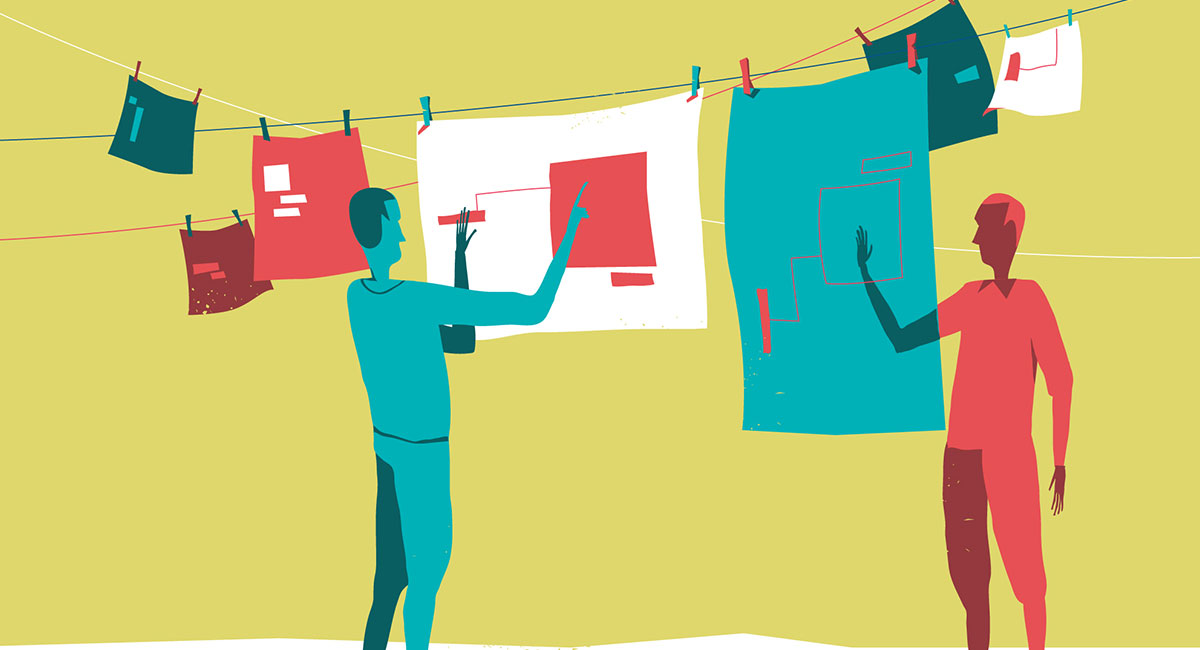
It's common to get wet while traveling, especially during rainy seasons. If you remain in your wet clothes for a long time, you're at a higher risk of developing fungal infections because of the moisture. Make sure to change into dry clothes as soon as possible to keep yourself healthy and comfortable.
Hope you enjoy this lovely season while following these do's and don'ts. By taking the right precautions, you can keep yourself healthy and safe, which will help you enjoy all the unique aspects of the rainy season even more. Always remember that your well-being is the most important thing, so take great care of yourself and have fun during this beautiful time of year.
Leave a Reply
Your email address will not be published. Required fields are marked *
Comments
No comments available